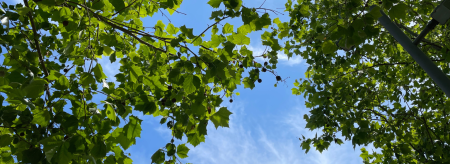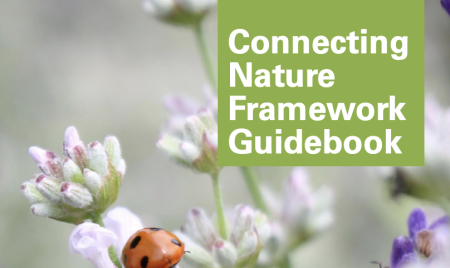Project Summary
Connecting Nature was a €11.4m five year project funded by the European Commission’s Horizon 2020 Innovation Action Programme (2017-2022). The aim of the project was to scale out nature-based solutions in cities, by working together with 30 project partners from industry, local authorities, local communities, NGO’s and research in 16 countries, and hubs in Brazil, China, Korea & The Caucasus (Georgia and Armenia).
Designing and implementing nature-based solutions on a scale that delivers economic, environmental and social co-benefits, builds resilience and benefits biodiversity is complex with many different issues to consider: What is the best solution for the area? Who will manage it? How will it be financed? Who needs to be involved in the design, implementation and maintenance? How to measure economic, environmental and social impact? Will it support innovation and generate jobs? How to manage change?
In response to this uncertainty, Connecting Nature developed a process tool to help cities and other organisations navigate the path towards the large scale implementation of nature-based solutions: The Connecting Nature Framework. This tool has been successfully implemented in 10 cities, and has resulted in new innovations and enterprises.
Connecting Nature's Front Runner Cities are Genk (Belgium), Glasgow (UK), Poznań (Poland) and Fast Follower Cities are A Coruña and Malaga (Spain), Burgas (Bulgaria), Ioannina and Pavlos Melas (Greece), Nicosia (Cyprus), Sarajevo (Bosnia and Herzegovina).
Objectives
The overarching objective of Connecting Nature was to position Europe as a global leader in the innovation and implementation of nature-based solutions. The project partners formed a community of cities fostering peer-to-peer, transdisciplinary capacity-building between front-runner, fast-follower and multiplier cities. Connecting Nature co-developed the policy and practices necessary to scale up urban resilience, innovation and governance via nature-based solutions. An open innovation ecosystem approach bringing together city governments, SMEs, academia and civic society was used to co-produce usable and actionable knowledge in all cities. Connecting Nature provided the reference framework for a new generation of urban nature-based solution processes and empower transitioning ambassadors who globalised this approach through a strategy targeting multiplier cities. This novel approach, coupled with the high capacity of the consortium, made Connecting Nature an exciting prospect. In addition, linking all open-sourced data to the Oppla platform ensured perpetuation beyond the end of the project.

Connecting Nature Framework
The Connecting Nature Framework places the nature-based solution at the core of an interactive process. The process runs through three distinct phases of development for a nature-based solution: planning, delivery and stewardship. For more information about the framework, see the Connecting Nature Framework Handbook.
Throughout each phase there are seven separate elements that cities and other entities need to consider to help them shape their individual nature-based solution:
- Technical solutions
- Governance
- Financing and Business Models
- Nature-Based Entrepreneurship
- Co-production
- Impact assessment
Cities can choose to start with any element of the Framework process and consider the others in the order that suits their context. What emerges from the framework process is a comprehensive 360° overview of each stage of development of the nature-based solution. Reports on the implementation of the CN Framework in cities:
